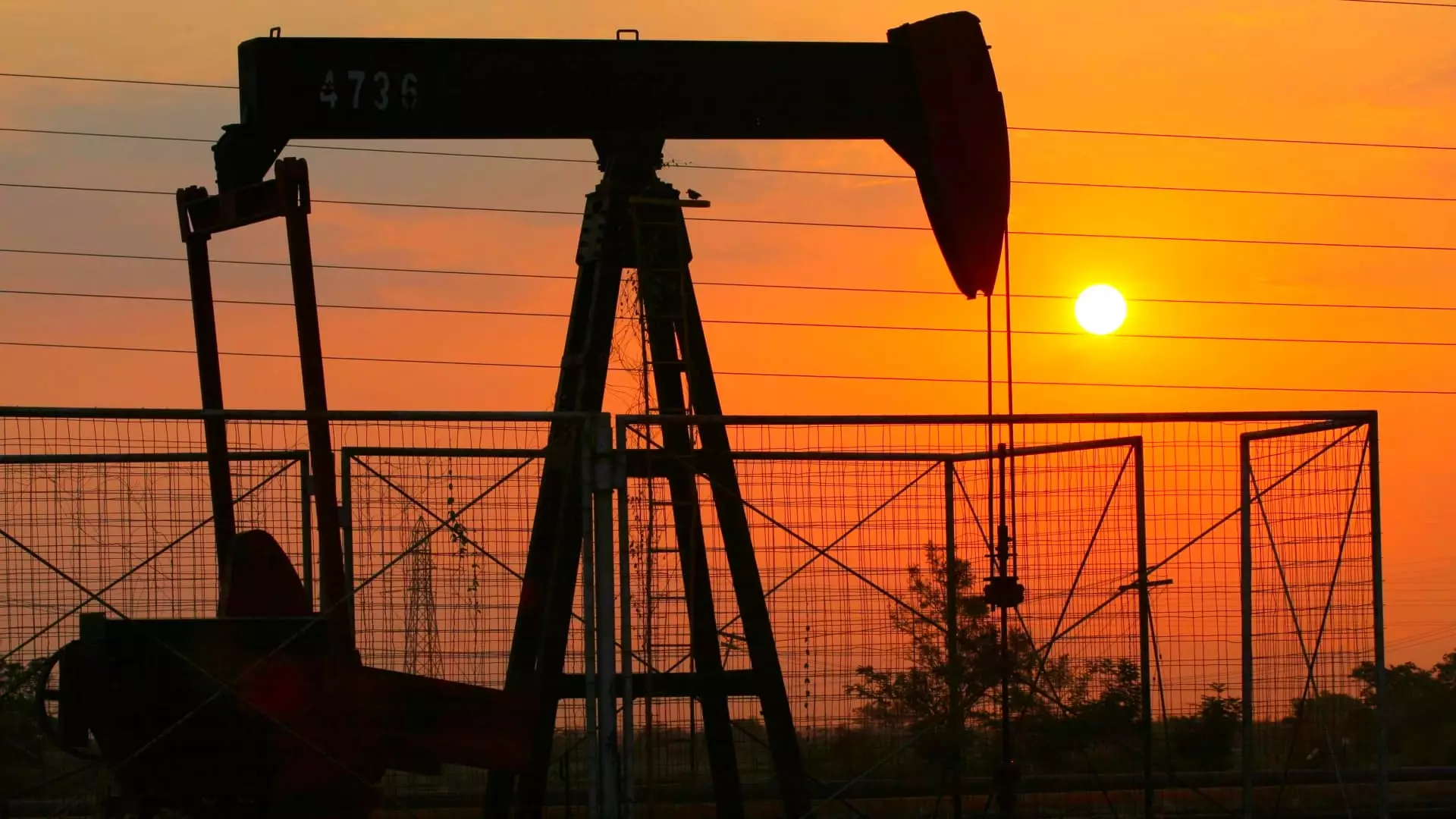The recent confirmation of the death of Hassan Nasrallah, the leader of Hezbollah, has sent shockwaves through the geopolitical landscape of the Middle East. Killed in an Israeli airstrike in Beirut, Nasrallah’s departure raises significant questions about the future of the militant group and the stability of the region. Despite this critical event, global oil prices remained surprisingly resilient, suggesting a complex interplay between geopolitical events and market realities. This article delves into the implications of Nasrallah’s death, the response of oil markets, and the broader context of Middle Eastern conflicts affecting energy supplies.
For over thirty years, Hassan Nasrallah was at the helm of Hezbollah, steering the group through numerous conflicts with Israel and establishing a reputation as a key player opposing Western influence in the region. The Israeli Defense Forces (IDF) characterized Nasrallah as a pivotal figure in the organization, emphasizing his role as its “central decision-maker.” His leadership encompassed a complex mix of military strategy and political maneuvering, making his assassination not only a tactical victory for Israel but also a potential catalyst for further unrest.
Hezbollah, a group designated as a terrorist organization by several nations, including the United States and the United Kingdom, has been a significant power broker in Lebanon and a staunch adversary of Israeli interests. The death of such a prominent figure could destabilize Hezbollah’s internal dynamics, leading to possible succession battles or shifts in strategy. However, the immediate silence of oil markets following this crucial event indicates a perception that a radical shift in hostilities may not be imminent.
In the aftermath of Nasrallah’s death, the oil market demonstrated notable resilience. Brent crude saw a modest increase of 1.56%, reaching $73.10 a barrel, while U.S. West Texas Intermediate futures climbed by 1.09% to $68.19 per barrel. Market analysts have pointed out that, despite escalating tensions in the region, there have been no immediate disruptions to oil supplies. Andy Lipow, president of Lipow Oil Associates, highlighted that the prevailing sentiment among traders is a lack of expectation for a large-scale conflict that would severely impact oil supply chains.
The historical context of escalating tensions following the Hamas-Israel conflict in October 2023 also plays a crucial role in shaping market sentiment. While fears of supply disruptions typically accompany conflict in the Middle East, the global oil market has thus far remained largely unaffected. Important factors have included increased production from North America and other oil-producing nations, countering fears over dwindling supply due to geopolitical strife.
Although oil prices remained steady in the face of Nasrallah’s assassination, experts caution that the potential for conflict escalation could dramatically alter the market landscape. Josh Young, CIO at Bison Interests, noted that although the immediate impact on oil supplies is limited, unforeseen developments could trigger price surges. Analysts have projected that any significant disruption to Iranian oil exports or instability in key transit routes, like the Strait of Hormuz, could propel prices above $100 per barrel.
The Strait of Hormuz, a crucial artery through which a significant portion of global oil production is transported, remains vulnerable to geopolitical fluctuations. Any blockade or conflict that obstructs passage could lead to a swift price increase, highlighting one of the biggest risks currently facing the oil sector. The potential for such a scenario underscores the interconnectedness of regional conflicts and global economic stability.
The recent developments surrounding the death of Hassan Nasrallah have introduced an element of uncertainty to an already volatile geopolitical landscape. While oil markets have remained stable for now, this could rapidly change should tensions escalate or disrupt supply chains. As the dynamics of Hezbollah’s leadership evolve, so too will the broader implications for regional stability and oil prices.
The delicate balance that exists between geopolitical events and market reactions continues to demand close scrutiny. The forthcoming weeks and months will be critical in determining not only the future of Hezbollah but also the potential ramifications for global oil supply and economic conditions worldwide.


Leave a Reply